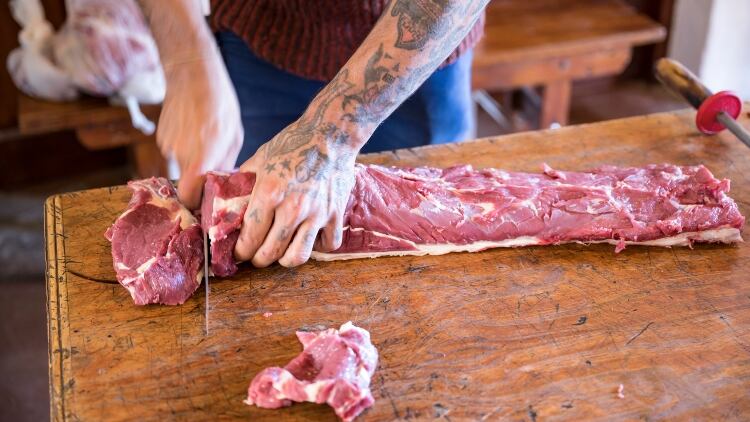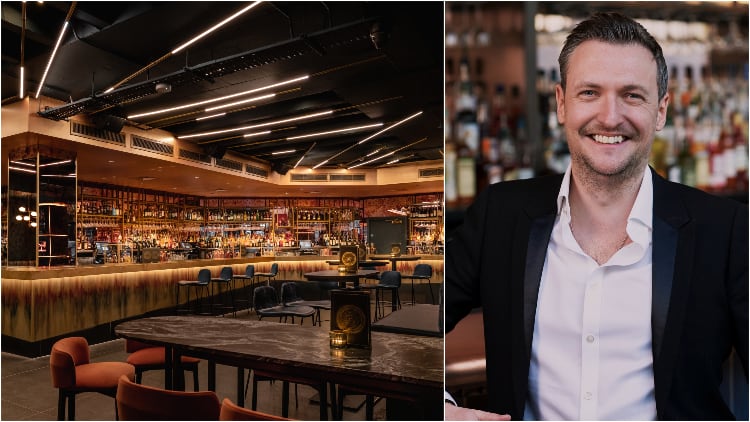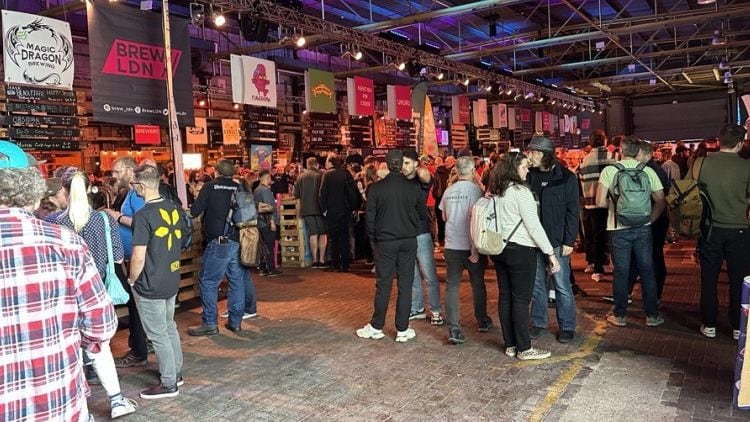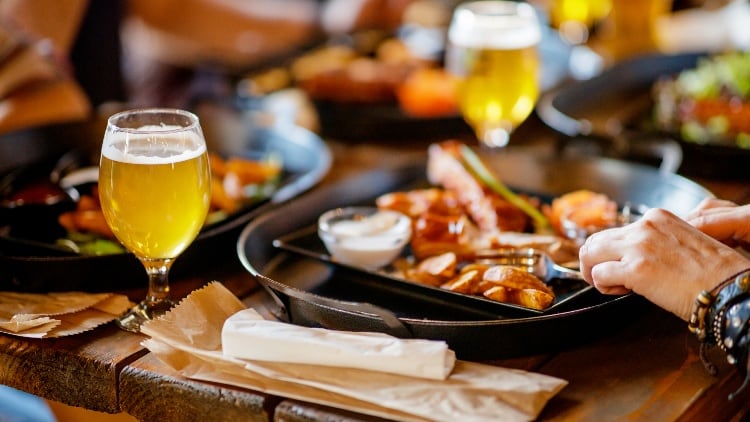Buying club access
If your venue is part of a big pub company, you may well have access to a buying club like one created by Star Pubs & Bars that gives access to a wide range of vetted suppliers at competitive rates.
As well as using its buying power to secure preferential terms, Star also manages the supplier agreements on behalf of its leased and tenanted pubs, with all the deals entirely optional.
Star’s head of pub services Mark Macdonald explains: “With inflation a major concern for licensees, cost reduction has never been more important. We want to do everything we can to make our pubs more sustainable by lowering their overheads: taking advantage of the Buying Club deals on bigger expenses alone could easily save thousands of pounds a year.”
Here are Star’s top tips for securing good supplier deals:
- Diarise your contract end times to avoid falling out of contract and paying premium prices.
- Begin reviewing your options two months ahead of contract end dates.
- Do your research before negotiating. Speak to other hospitality operators locally to find out what the market is like, how much they pay and what they get. Look online to gain an understanding of different suppliers and the services they provide.
- Use any deals you’re able to access – for example through a buying group – as a benchmark when you negotiate and challenge suppliers to do better.
- Obtain at least three quotes and analyse them carefully to ensure they’re offering a like-for-like service.
- Ask for testimonials from satisfied customers.
- Invest in monthly accounts and stock-takes to keep track of your outgoings. Set aside time to analyse them forensically: if your cash flow is under pressure, this will highlight the suppliers you need to speak to first.
Whether you run just one pub or several, and whether your business is focused on food, drink or events, having good relationships with your suppliers is vital to ensuring you get the best deals and service while still being able to offer great quality in these times when money is extremely tight.
But how do you go about finding the suppliers that can be counted on to provide a high-quality product or service at the right price; how do you nurture a relationship with them; and what benefits can that bring to your business?
Word of mouth is a good place to start when it comes to sourcing food for your pub, according to Dominic Chapman, chef-patron of Berkshire pubs the Crown in Burchett’s Green and the Beehive in White Waltham (pictured below).
“Speaking to fellow chefs and fellow people that have the same love of food as you is a good starting point, and then beginning a dialogue [with those suppliers] and going to see what they do,” says Chapman.
“Everybody wants to serve you, everybody will tell you they do the best produce, but it’s about working with people you like and that have the same values as you: if it works, then you can build a relationship.”
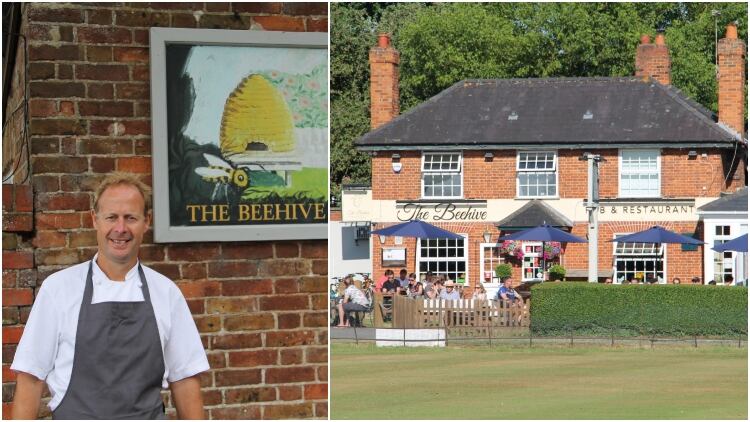
Colin Nash, who has just taken on his own pub, the Lamb Inn at Winkton in Dorset, after 16 years as head chef at another pub nearby, says finding suppliers you can trust doesn’t happen overnight.
“Suppliers will always offer you the best rates when they first start but then they tend to put their prices up. Over the long term, you’ll get to know which ones to trust and which not to trust: the most important thing is trust,” says Nash.
One measure of a good supplier, according to Nash, is how much effort they will put in to supply you with what you need.
“Good suppliers will go the extra mile to source that product for you, whereas the bad ones just say ‘no, we haven’t got that’,” says Nash.
The pay-off
Lee Cash, founder of Peach Pubs (which he sold to Revolution Bars last year), and now director of the Cat & Wickets Pub Company, says sourcing good-quality products and services takes time and effort, but it pays off.
“At Peach, the phrase we always used was ‘always serve good stuff’: the thing is guests are not silly and you can’t make great food out of poor ingredients. You really need to use taste and sense, and not just price negotiation skills to get the good stuff.
“Lots of people [in the pub industry] are not prepared to invest at that base level in finding the good stuff and that doesn’t just go for food and drink but across all consumables,” says Cash.
At the Cott Inn, in Dartington, south Devon, finding suppliers is always about looking around at what’s going on locally. Local produce is what the pub is known for (even encompassing the drinks list that features Sharpham Wine, Dartmoor Whisky, Salcombe Gin and Luscombe tonic), and for owner Mark Annear, it makes good business sense on every level.
“That’s why people come to us – because they love our connection with local producers. It’s good for holidaymakers because they’re looking for something different, and it’s easier for the staff who are born and bred in the area to sell something local,” says Annear.
“Also, when you buy stuff in season that’s growing locally, it’s already cheaper than buying stuff that is shipped from abroad.”
Visiting farmers’ markets is a good way to find potential suppliers if you want to go down the local route, suggests Annear.
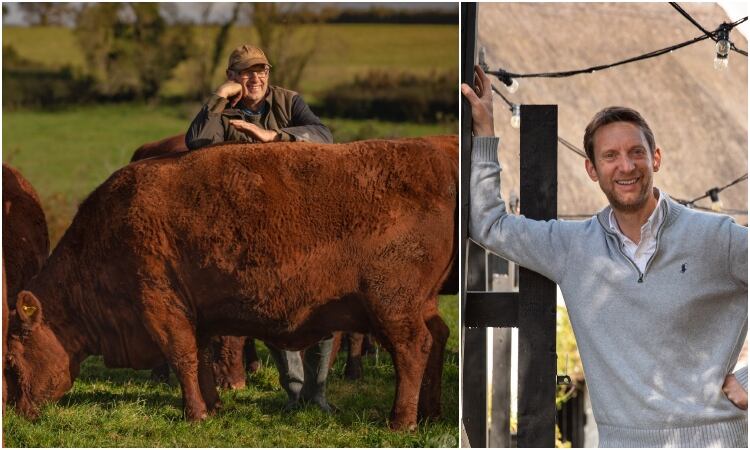
He also recommends striking up a relationship with a local farmer to supply you with meat directly, just as he has with nearby Glendale Farm.
Annear wanted to put Red Ruby Devon beef on his menu but it had become in such demand from London chefs that he was struggling to get hold of any.
So he approached Glendale Farm, one mile from the pub, and agreed on a deal whereby the farm would buy some Red Ruby cows and rear them exclusively for the Cott Inn.
“We built this relationship up and now we’re having one cow every three weeks, and one every 10 days in the season. We have a butcher who comes in and does all the butchery for us and we’re getting 72% yield off each cow.
“It’s brilliant because the farmer gets more money, we’re getting a better price and we’re getting this amazing local beef,” explains Annear, who also now takes lambs from Glendale Farm too.
Fresh fish
Colin Nash at the Lamb Inn is also a big fan of using local suppliers as much as possible, including buying fish directly from the local fishermen who have become his friends.
“It cuts out the middleman and you know the fish is fresh,” says Nash.
“Another advantage of using local suppliers is that if an order is slightly wrong or you run out of something, you can run down there or they can deliver at the last minute because it’s only a couple of miles down the road.”
Of course, finding suppliers who can offer you good quality products and a reliable service is one thing, but how do you know if you’re paying the right price?
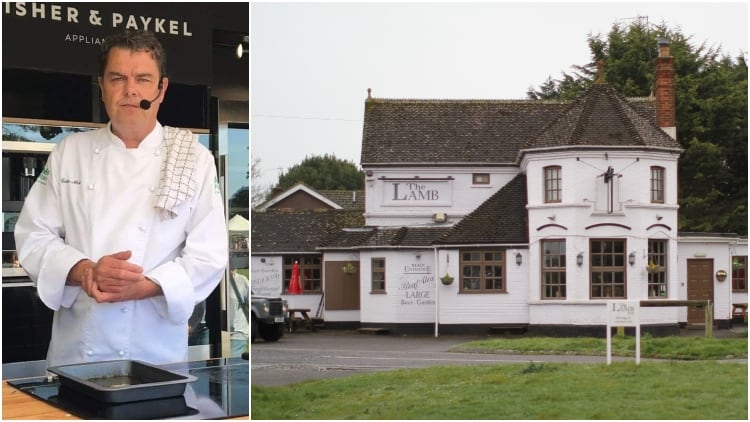
Cash believes it’s all about understanding each other’s business models so both sides can agree on a deal that’s fair.
“You really need to understand the supplier’s model and they need to understand your model so they’re not making too much money and you’re not making too much money out of the deal. If you just drive suppliers into an unaffordable situation, no one wins,” says Cash.
Annear at the Cott Inn agrees. He’s built up a relationship with a local fish wholesaler at Brixham market from whom he buys direct for the pub, and both appreciate the other’s need to make their margin.
“Everybody’s got to make their margin – they can’t suddenly sell us stuff at a discount, and they realise we can’t really charge more than £20 for a fish dish, not if we want to be busy. So it’s really about discussing with your suppliers about your margins so everybody knows where they are,” says Annear.
And with prices of ingredients fluctuating all the time, having a good relationship with a trusted supplier is vital to help you keep on top of costs.
Nash has been using Dorset-based Chefs Mate for dry goods, fruit and vegetables for 30 years and will continue to do so in his latest venture because he knows it’s a company that plays fair.
“Prices can fluctuate so much you can’t keep a close eye on everything, so you need to use a supplier that knows their market and that you can trust on price,” says Nash.
Two-way street of appreciation
Nurturing relationships with your suppliers can pay dividends in other ways too.
Once a supplier knows you’re a good customer, they’ll often be happy to come in and train staff, invite your workers to see where the production takes place, or collaborate on events in your pub.
Chapman says his staff have been on supplier-organised fishing trips, visits to butchers, farms and cider producers, which all helps with team motivation.
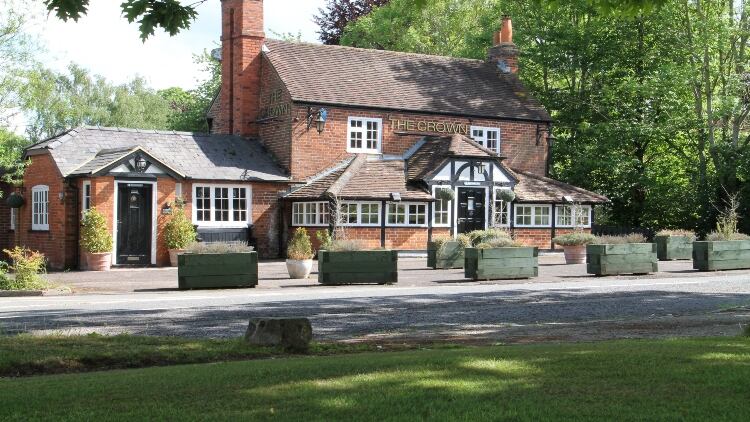
Some of his drinks suppliers, including Estrella Damm, have also organised special promotional evenings at the Beehive, which have been very successful.
Cash says his suppliers’ role in staff motivation has been “huge” over the years.
“In terms of investing their time in training and educating our staff, they’ve had a massive part to play, and it all builds a better guest experience,” he says.
And Annear at the Cott Inn says his staff have been on many visits to their suppliers locally, which has been hugely inspiring for the team.
“The type of local suppliers we have want us to go up there and see what they’re doing because they’re as passionate about their product as we are about our offer.
“It’s certainly helped make our team feel excited about what they do and about those connections; in this business you’ve got to have the passion and your customers will feel it.”
Case Study: People’s Captain and Punch Pubs
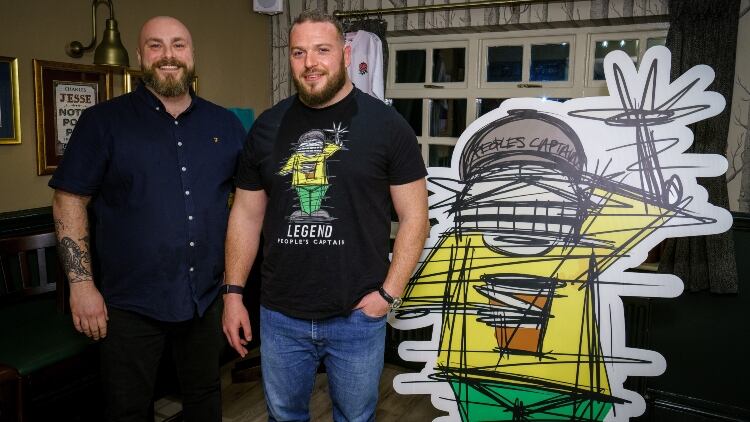
For a shining example of how a supplier and the pubs it sells to can both reap rewards from the relationship, look no further than People’s Captain and Punch Pubs.
Former professional rugby player Greg Bateman set up craft beer company People’s Captain in 2020: after a few years struggling with his mental health, he found great solace in brewing beer and talking through his problems over a pint, and the idea for a beer company that could be a force for good was born.
As well as selling craft beer to the on and off-trade, People’s Captain is raising money towards a £1m target to support mental health charities.
Last year, Punch Pubs caught on to what Bateman and his team were doing and, impressed with the quality of the beer and the People’s Captain ethos, decided to work together.
Punch head of communications Caroline Southwell says People’s Captain’s work fits perfectly with the company’s “Doing Well by Doing Good” philosophy and particularly its “Punch Promise” on health and wellbeing.
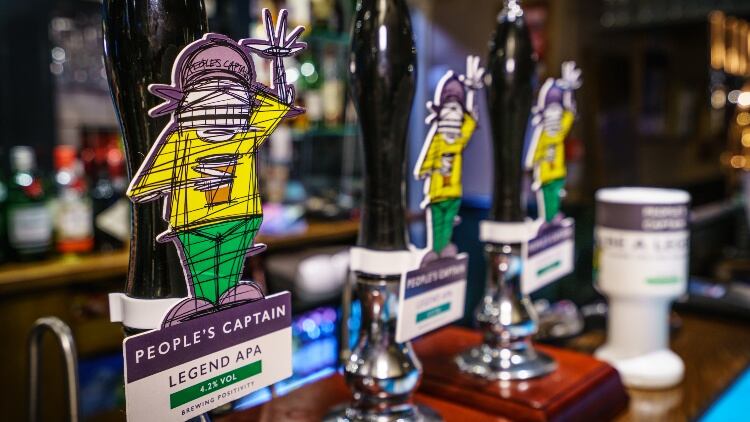
“Our aim is to promote and enable both physical and mental wellbeing in our pubs and the communities they serve. The partnership with People’s Captain is not only an opportunity to serve great beer but also we’ve done some campaign work with Greg in our pubs to promote positive mental health,” explains Southwell.
Some of Punch’s pubs have held “People’s Captain nights” with Bateman giving a talk about the beer and how he has overcome his mental health struggles.
Around 200 pubs have also been running a “Local Legend campaign” (named after People’s Captain’s signature beer ‘Legend’) whereby customers can nominate someone in their community to be named a ‘local legend’. The winners will get an event held at their local pub in their honour, with the national winner also receiving a prize up to the value of £500.
Both initiatives have been so successful that further collaborative events are being planned, as well as the rollout of People’s Captain to more of Punch’s 1,300 pubs.
Southwell says: “As a supplier, People’s Captain is worth its weight in gold in terms of just how much it wants to engage with us. We’re really, really proud to partner with [the brand].”

